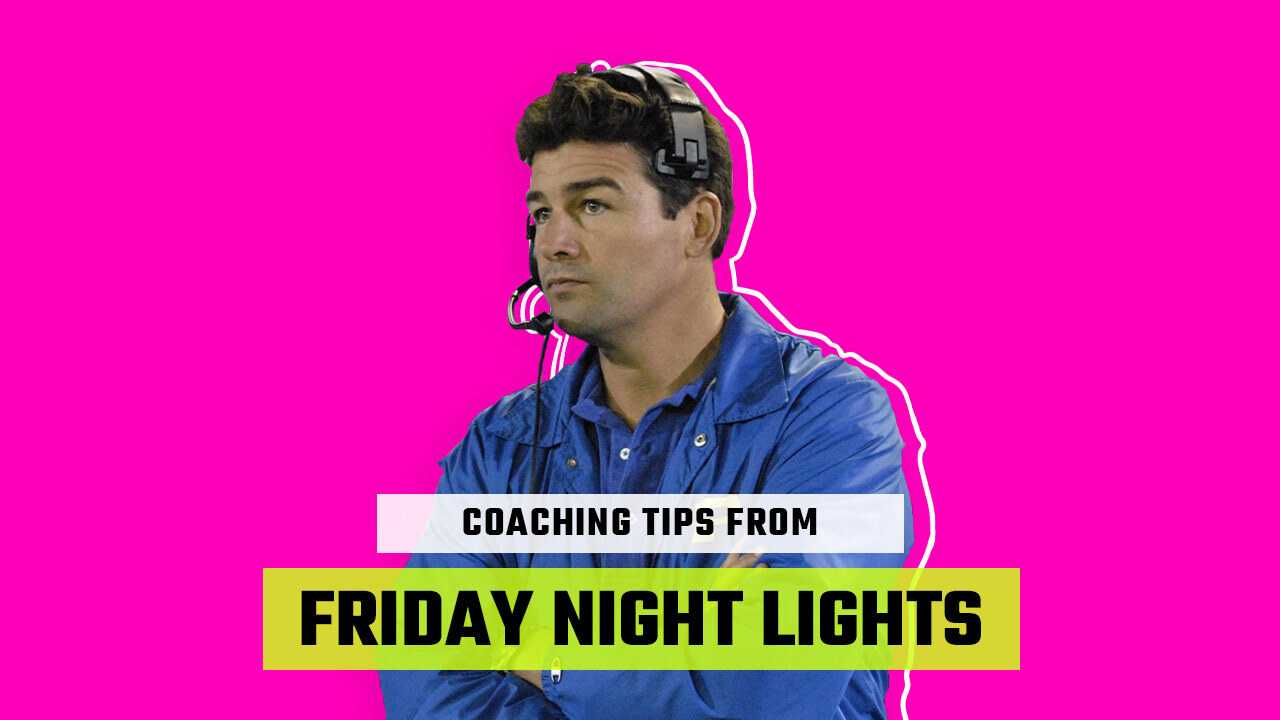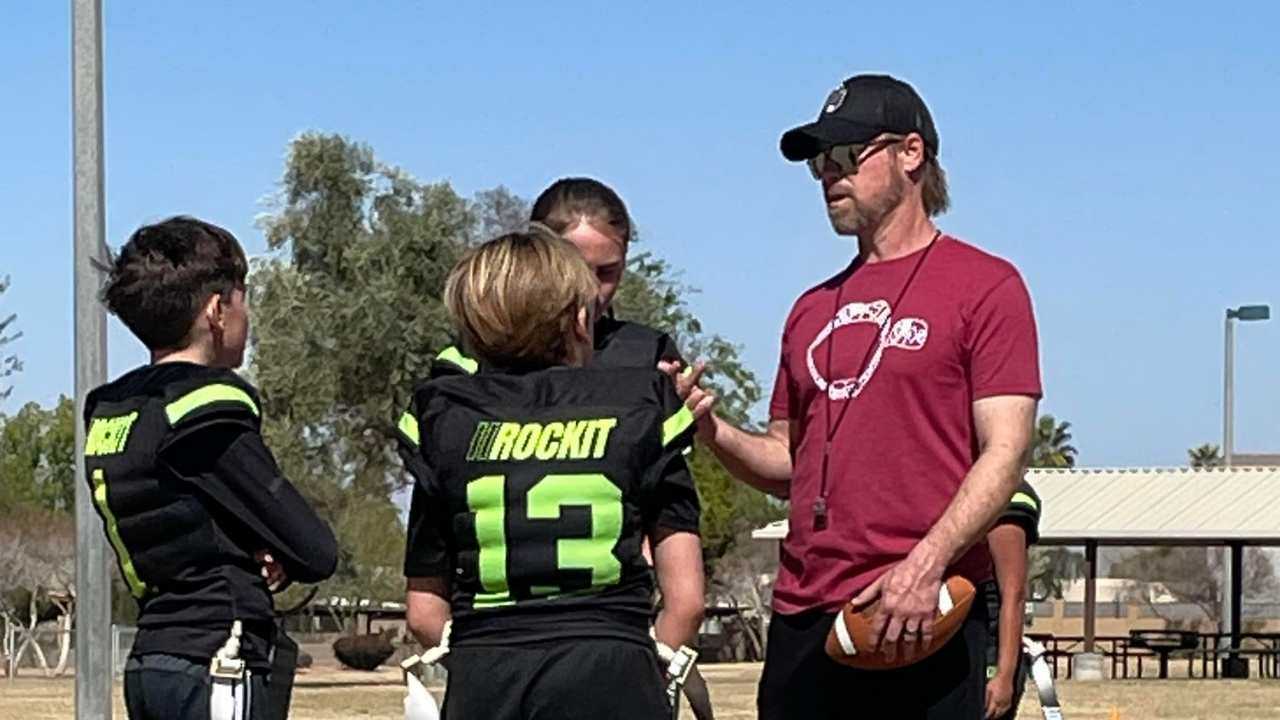What Can a Coach Do About a Bully?
Conflict on a team is normal. Bullying is not.
Catherine Pearlman, PhD, LCSW
| 4 min read

Canva
Nearly every adult can remember a bully from their childhood. When I was a freshman in high school, one of the seniors picked me up and put me in a garbage can in the cafeteria. I was the smallest kid. He was probably the biggest. It was humiliating — and that was the point.
Bullying, by definition, is intentionally aggressive behavior that is repetitive and targeted, based on a real (or perceived) imbalance of power — like physical strength or social status. Bullying isn’t just an unkind word or a child expressing negative thoughts. And it isn’t a child leaving out another child from a birthday party. True bullying, on a team or in a classroom, is excessive and persistent meanness that is aimed at hurting someone physically or emotionally. Think: physical aggression, name calling, threats of violence, spreading rumors and taking or destroying someone’s possessions.
Kids don’t have to like each other. But they do have to learn how to get along.
As a coach, part of your job is to identify behavior that crosses the line into bullying, and to address it quickly and effectively. Here are six tips for managing a bully on your team.
Get in front of the issue.
To ensure that all players feel supported and comfortable, establish rules around behavior. For example, keep hands to oneself, no name calling, no throwing equipment. Also, be specific that cyberbullying is also not allowed on the team. Be sure to discuss consequences for behavior that include meetings with parents and league officials, moving to another team or, in extreme cases, being asked to leave the league.
Look beyond the behavior.
In nearly every case, there’s something deeper going on with the bully himself. At some point this child was made to feel less than, incapable or damaged. (In my own work as a family coach, I often find that the bully has been a victim of bullying, too.)
The first step to helping the bully change a behavior is to make him or her feel valued, since, bullies are often met with frustration, anger and disdain, which can only compound the problem. Instead, try empathy and unconditional acceptance. Of course, the behavior will need to change. But the child should be met with concern and care, rather than a stern or immediate punishment.
Feel the feels.
Children have and express a host of emotions. That’s perfectly normal. The problem is that they are still learning how to express feelings appropriately and with care.
Try to identify feelings for the bully and provide alternative ways of expressing it. For example, “Hey, I can see you are frustrated that Johnny missed the catch. It’s OK to feel that way. But it’s hurtful when you yell or call Johnny names. Instead, I just want you to take a deep breath and focus on the next play.” Or say, “You seem to be upset that we lost the game. We did our best, and that’s good enough for today.”
Be a model.
Bullies often struggle with social skills. They may misread social cues or lack the ability to make and sustain friendships. Some even have a disorder that interferes with their ability in social situations. Help the bully by modeling prosocial behaviors such as showing empathy, sharing, offering kindness, saying thank you and using self-control.
Find the good and ignore the bad.
Bullies get a lot of attention for misbehaving. Try to avoid rewarding the behavior — as long as it isn’t dangerous. Instead, catch the bully engaging appropriately with teammates. The more the bully feels accepted and rewarded for good behavior, the less likely he or she will feel the need to resort to bullying.
One way is to enlist the bully as a leader. Many kids who bully actually have great leadership potential. Try to harness their power for the good of the team.
Sometimes, the issue is bigger than you. If so, get additional resources from stopbullying.gov.
Related articles
How to Reach the Reluctant Player
Catherine Pearlman, PhD, LCSW, is a therapist, avid youth sports parent and founder of The Family Coach.





